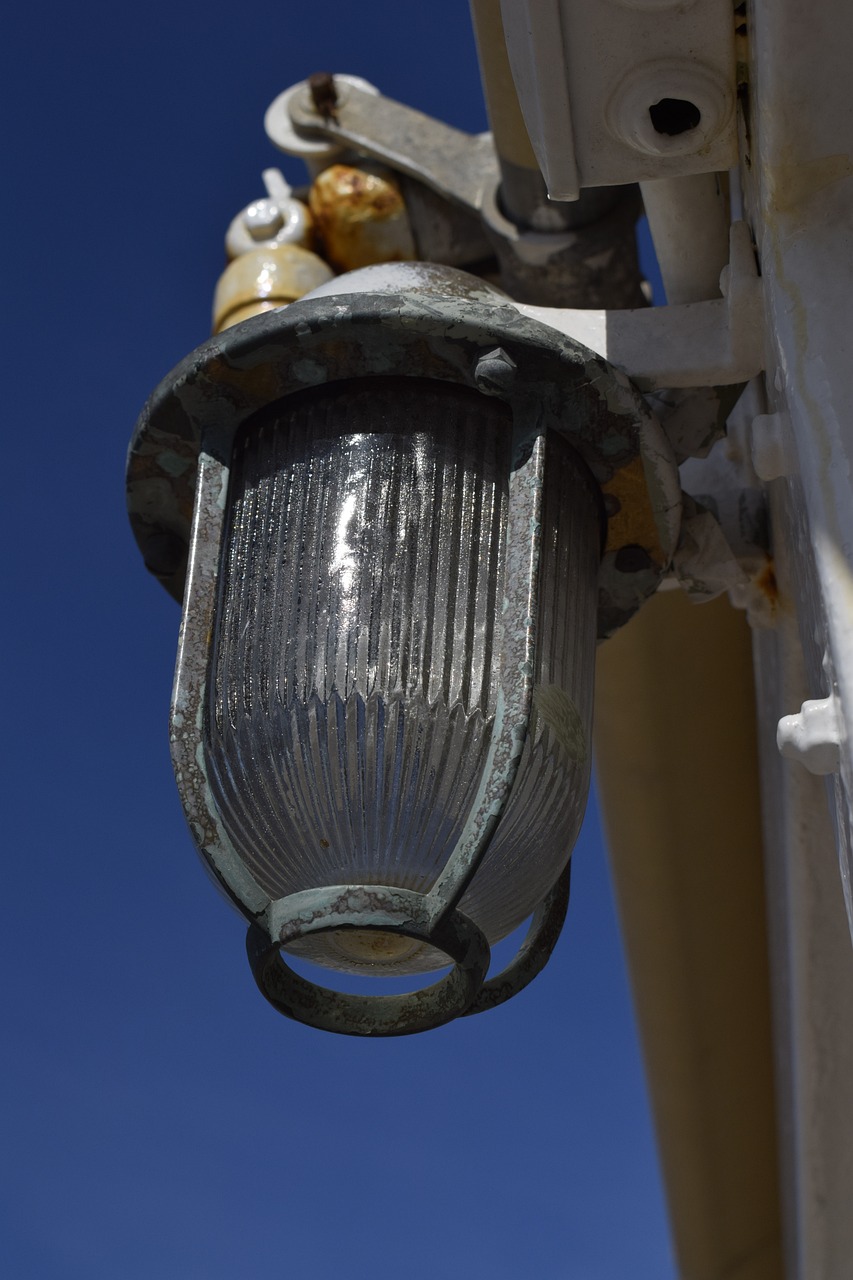Poseidon: The Greek God of the Sea
Poseidon, a prominent figure in Greek mythology, reigns as the god of the sea, storms, earthquakes, and horses. Known for his fierce temperament and unpredictable nature, he is often regarded as one of the most volatile Olympian deities. His legendary wrath, particularly when he feels disrespected, is well-documented. Poseidon is the offspring of Cronus and Rhea, and along with his siblings Hades, Demeter, Hestia, and Hera, he was swallowed by Cronus. Fearing a prophecy that foretold one of his children would dethrone him, Cronus was driven to this extreme. Ultimately, Zeus saved Poseidon and his siblings, leading to the downfall of Cronus and the rise of the Olympian gods.
In artistic depictions, Poseidon is represented as a robust, mature figure with a dark beard, often holding his iconic trident, a three-pronged spear associated with fishing. His emotional state fluctuates wildly, resulting in turmoil and occasionally violent behavior.
Poseidon in Ancient Stories
Some legends suggest that Poseidon escaped the fate of being swallowed by Cronus due to Rhea’s cleverness. She hid him with a flock of lambs and deceived Cronus into consuming a colt instead. After the defeat of the Titans, the world was divided by drawing lots; Zeus claimed the heavens, Hades the underworld, and Poseidon the seas. This division is briefly mentioned by Homer in the Iliad.
The Titanomachy
Poseidon played a crucial role in the significant conflict known as the Titanomachy, where the Olympians battled against the Titans. Armed with a magical trident from the Cyclopes, he was instrumental in securing victory for the gods. The trident came to symbolize his dominion over the oceans and his ability to generate earthquakes.
Competition with Athena
In a bid to become the patron deity of Athens, Poseidon and Athena competed with one another. Poseidon struck the ground with his trident, creating a saltwater spring, while Athena provided an olive tree, representing peace and prosperity. Ultimately, the people of Athens chose Athena’s gift, but Poseidon was still revered, particularly in the Erechtheion, a temple on the Acropolis.
Pursuit of Demeter
Poseidon’s aggressive nature is further illustrated in his pursuit of Demeter. He transformed into a horse to chase her, leading her to disguise herself as a mare. Their union produced the illustrious horse Arion, reinforcing Poseidon’s association with horses.
Involvement in the Trojan War
Poseidon significantly influenced the Trojan War as an ally of the Greeks. He contributed to the construction of the walls of Troy. However, feeling betrayed by King Laomedon over his compensation, Poseidon unleashed a sea monster upon the city. Ultimately, Zeus commanded him to step back from the conflict, and he complied, albeit reluctantly.
Conflict with Odysseus
Poseidon’s animosity toward Odysseus stems from the hero blinding his son, Polyphemus, a Cyclops. In retribution, Poseidon cursed Odysseus with a tumultuous voyage filled with challenges and setbacks on his journey home from Troy.
Poseidon’s Family
Poseidon was married to Amphitrite, a Nereid, and together they had four children, one of whom was Triton, depicted as a merman. Amphitrite is characterized by her beauty and calmness, notable traits contrasting Poseidon’s rage. Initially reluctant to accept Poseidon’s advances, she was persuaded back to him by a dolphin, symbolizing Poseidon’s control over the sea. Despite their union, Poseidon was known for many other romantic liaisons, resulting in over 200 offspring according to mythology. Some notable children include:
- Triton: The messenger of the sea, Triton is distinguished by his conch shell trumpet used to calm or agitate the waves.
- Theseus: The hero famed for vanquishing the Minotaur, with Poseidon as his divine father.
- Polyphemus: A Cyclops whose fate after being blinded by Odysseus exemplifies Poseidon’s wrath toward those who harm his loved ones.
- Pegasus: The winged horse born from Medusa’s blood after she was defeated by Perseus.
- Rhodos and Benthesikyme: Deities linked to the sea, with Rhodos associated with the island of Rhodes.
- Arion: A swift horse renowned for his abilities and speed, connected to the tales of Heracles.
- Despoina: An enigmatic goddess tied to agricultural mysteries and revered for her secretive legends.
- Bellerophon: A hero known for taming Pegasus and defeating the Chimera, intertwined with themes of pride and divine retribution.
Symbols and Facts about Poseidon
Poseidon is closely affiliated with various symbols and sacred creatures, including:
- Trident: His most recognizable symbol, denoting his power over the oceans.
- Horse: Reflecting his dominion as the god of horses and their origins.
- Bull: Often sacrificed to him, representing strength and fecundity.
- Dolphin: A creature symbolizing intelligence and a bond to the sea.
- Fish and Marine Life: Illustrative of his rule over watery realms.
Poseidon is primarily revered as the god protecting all waters, and sailors turned to him for secure voyages. After the Titans were vanquished, he received his aquatic kingdom. Alongside Zeus and Hades, he was one of the primary gods, often worshiped not only for sea navigation but also for fertility due to his numerous descendants.
The name “Poseidon” translates to “husband” in Greek, intricately linking his identity as a “lord of the earth” and “husband of the earth.” He could unleash tremors by striking the ground with his trident, earning him the epithet “Earth-shaker.” His underwater palace adorned with gems and coral stands in contrast to his sporadic presence on Mount Olympus. Like his brother Zeus, Poseidon also displayed an inclination toward demonstrating his might over women.
Poseidon’s chariot, drawn by horses, was his primary mode of transportation. His longstanding rivalry with Odysseus forms a recurring narrative in the Odyssey, while the myth of Medusa and the ensuing creation of Pegasus highlight Poseidon’s expansive influence over mythological creatures.
Conclusion
Poseidon’s legacy as the tempestuous god of the sea, horses, and earthquakes solidifies his importance in mythological lore. His many tales of conflict, pursuit, and family underline a complex character whose influence spans both realms of land and sea.



